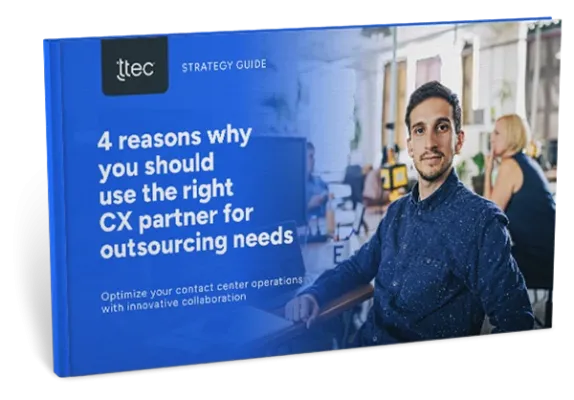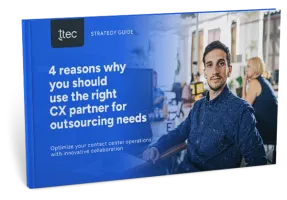The Asian Tiger economies are down for a nap. Global sluggishness has dragged down economic growth in countries like Singapore, South Korea, Hong Kong, and Taiwan, whose own economies are predicted to remain fairly flat in the next few years. As a result, global companies are tightening their collars.
Executives are being asked to do more with less in every sector. Banks, manufacturing, technology, communications, utilities, and others must reduce costs while at the same time meet growing digital needs and personalised expectations from customers and the market. For example, the downturn in the oil and gas sector hit harder than expected in Singapore, and major investment banks in the region are seeing little, if any, M&A activity in the next 12 months.
In every part of business, leaders are tasked with operating more efficiently while also hitting growth targets. This puts pressure at the top of the funnel, where sales and marketing leaders begin to build relationships with clients. The classic sales strategy in this case is to increase the “hustle,” knocking on doors and cold-calling as many people as possible in the hopes of creating new client relationships or reigniting current ones. And once meetings are set, there is rarely time to tailor presentations and discussions to the unique needs of individual prospects. This fast-paced, high-volume mentality may increase sales, but it also wastes a lot of resources and effort in order to make incremental gains.
We at TTEC Consulting believe that sales leaders are missing an opportunity to break down the business development process and examine each stage to be more effective, focused, efficient, and client-centric in order to achieve more using fewer resources. Our sales transformation group recommends working smarter from the start in three specific ways:
1. Combine client insights and data analytics with sales strategies to be more targeted and predictive in who to contact.
2. Create unique value propositions that will differentiate and resonate with the client. Listen, and learn to identify areas of sales opportunity based on client needs, not what we’ve got to sell.
3. Keep and grow key accounts with strategic relationship-building that focuses on the client’s goals and the needs of their customers.
Each of these areas is further strengthened by adding a layer of customer-focused culture to help clients drive improvements in their own customer experience and demonstrate long-term value from any initiative.
This blog begins a series we call “More With Less,” where we will explore each of these sales transformation strategies in depth, culminating in a hands-on workshop later this year.
In a market under phenomenal pressure, such as Asia-Pac, standards are shifting in how to grow and do more with less. We welcome your thoughts and hope to start conversations that will wake the sleeping tiger in your business.














